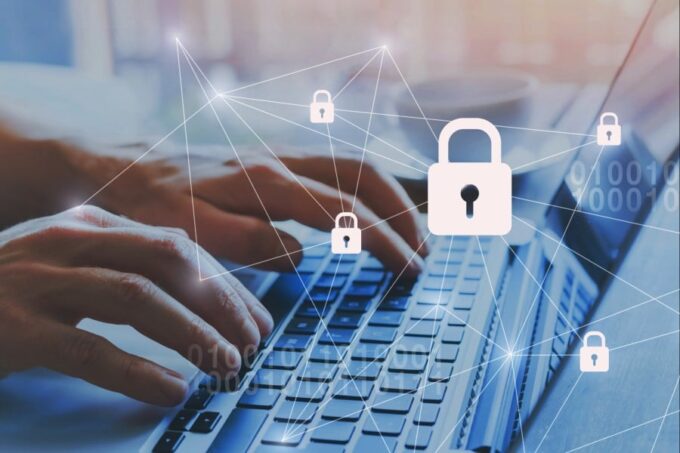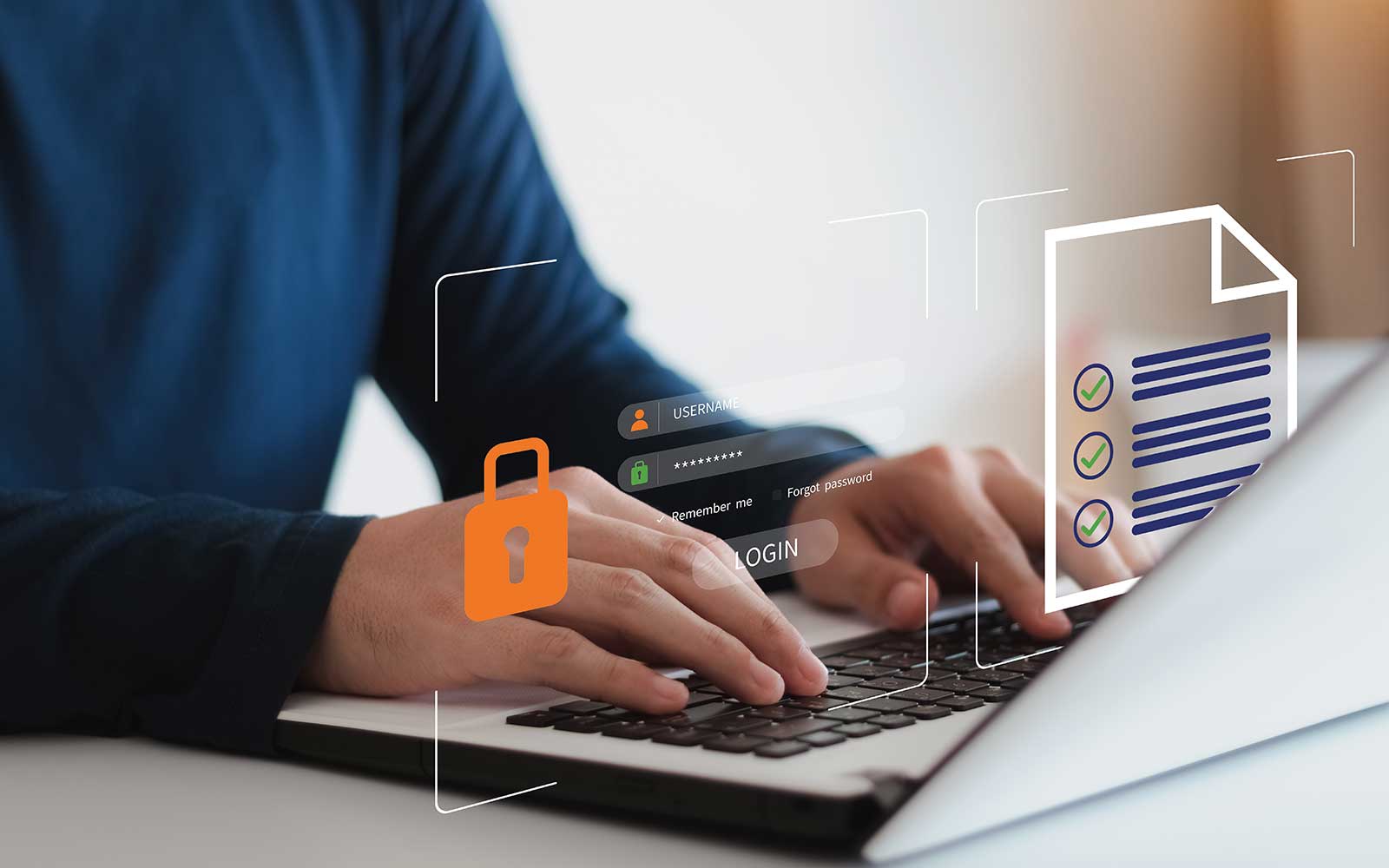Digital certificates and certificate authorities (CAs) are two essential tools in the modern world of online security. They help to ensure that information exchanged between parties over the Internet is secure and trustworthy. Get started by exploring digital certificates and CAs, how they work, and why they are essential for enhancing online security.
What are Digital Certificates?

A digital certificate is a digital document that verifies the identity of an individual or organization over the Internet. It is like a digital passport that confirms the certificate holder’s identity to others. A digital certificate contains information about the holder, including their name, address, and other identifying details. It also includes a public key used to encrypt and decrypt data.
Digital certificates are issued by trusted third-party organizations known as Certificate Authorities. These organizations verify the certificate holder’s identity before issuing a digital certificate. This verification process helps ensure that the certificate holder is who they claim to be and can be trusted to exchange sensitive information over the Internet.
How do Digital Certificates Work?

When two parties exchange information over the Internet, they use encryption to ensure the information is secure. Encryption involves scrambling the data using a complex algorithm so that someone with the correct key can only unscramble it. The key used to encrypt the information is the public key, and the key used to decrypt the information is the private key.
Digital certificates ensure that the public key used for encryption belongs to the correct party. When a website wants to establish a secure connection with a user, it sends its digital certificate to the user’s web browser. The browser then checks the certificate to verify that a trusted Certificate Authority issued it and that the information in the certificate belongs to the website the user is trying to connect with.
If the certificate is correct, the browser uses the public key to encrypt any information sent to the website. The website then uses its private key to decrypt the data. This process ensures that any information exchanged between the two parties is secure and cannot be intercepted or read by anyone else.
Why are Digital Certificates Important for Enhancing Security?

Digital certificates are essential for enhancing security because they allow users to verify the identity of websites and other online entities. This is particularly important for sensitive transactions, such as online banking or shopping, where users can trust their personal and financial information being logged on the website.
Without digital certificates, malicious actors would be much easier to impersonate websites and other online entities. This could lead to various security issues, including data theft, identity theft, and financial fraud. Digital certificates help to prevent these issues by providing a trusted way for users to verify the identity of the parties they are interacting with online.
What are Certificate Authorities?
Certificate Authorities are trusted third-party organizations that issue digital certificates to individuals and organizations. They are responsible for verifying the certificate holder’s identity before issuing and ensuring the certificate is kept secure.
Many certificate authorities operate worldwide, with individual policies and procedures for issuing and managing digital certificates. Some of the most well-known Certificate Authorities include Verisign, Thawte, and Comodo.
How do Certificate Authorities Work?

Certificate Authorities work by following a set of standardized procedures for issuing and managing digital certificates. These procedures are designed to ensure that the certificate holder is legit and that the certificate is kept secure.
The process of issuing a digital certificate involves the following steps:
- The certificate holder submits a certificate request to the Certificate Authority.
- The Certificate Authority verifies the certificate holder’s identity using various methods, such as checking government-issued identification or contacting the organization directly.
- The Certificate Authority issues a digital certificate containing the holder’s public key and information about the holder’s identity.
- The certificate holder installs the digital certificate on their web server or other digital device.
- When a user attempts to connect with the certificate holder, the digital certificate is sent to the user’s web browser, which checks the certificate to verify that a trusted Certificate Authority issued it and that the public key in the certificate belongs to the certificate holder.
Why are Certificate Authorities Important for Enhancing Security?

Certificate Authorities are essential for enhancing security online because they provide a trusted way for users to verify the identity of online entities. By following standardized procedures for verifying identity and issuing digital certificates, Certificate Authorities help to ensure that only trusted parties can exchange sensitive information over the Internet.
Certificate Authorities also play an essential role in revoking digital certificates that have been compromised or are no longer valid. This prevents using stolen or fraudulent digital certificates to impersonate legitimate websites or organizations.
What are the Risks of Digital Certificates and Certificate Authorities?
While digital certificates and Certificate Authorities are essential for enhancing security online, they are not without risks. The most common risks associated with digital certificates and Certificate Authorities include the following:
Malicious certificate authorities: In rare cases, Certificate Authorities may be compromised by malicious actors who issue fraudulent digital certificates to impersonate legitimate websites or organizations. This can lead to various security issues, including data theft, identity theft, and financial fraud.
Expired or compromised digital certificates: Digital certificates are only valid for a limited period, typically one or two years. A digital certificate can no longer establish a secure user connection if it expires. Similarly, if a digital certificate is compromised or stolen, it can be used by malicious actors to impersonate the certificate holder.
Failure to verify digital certificates: Users may fail to verify digital credentials before establishing a secure connection with a website or other online entity. This can lead to security issues, as users may inadvertently connect with malicious actors posing as legitimate parties.
Conclusion
Digital certificates and Certificate Authorities are essential tools for enhancing security online. They provide a trusted way for users to verify the identity of websites and other online entities, and they help to prevent a range of security issues, including data theft, identity theft, and financial fraud. Make sure you find your way to get started. While digital certificates and Certificate Authorities are not without risks, following best practices for verifying identity and managing digital certificates can help to minimize these risks and ensure that online interactions remain secure and trustworthy.









